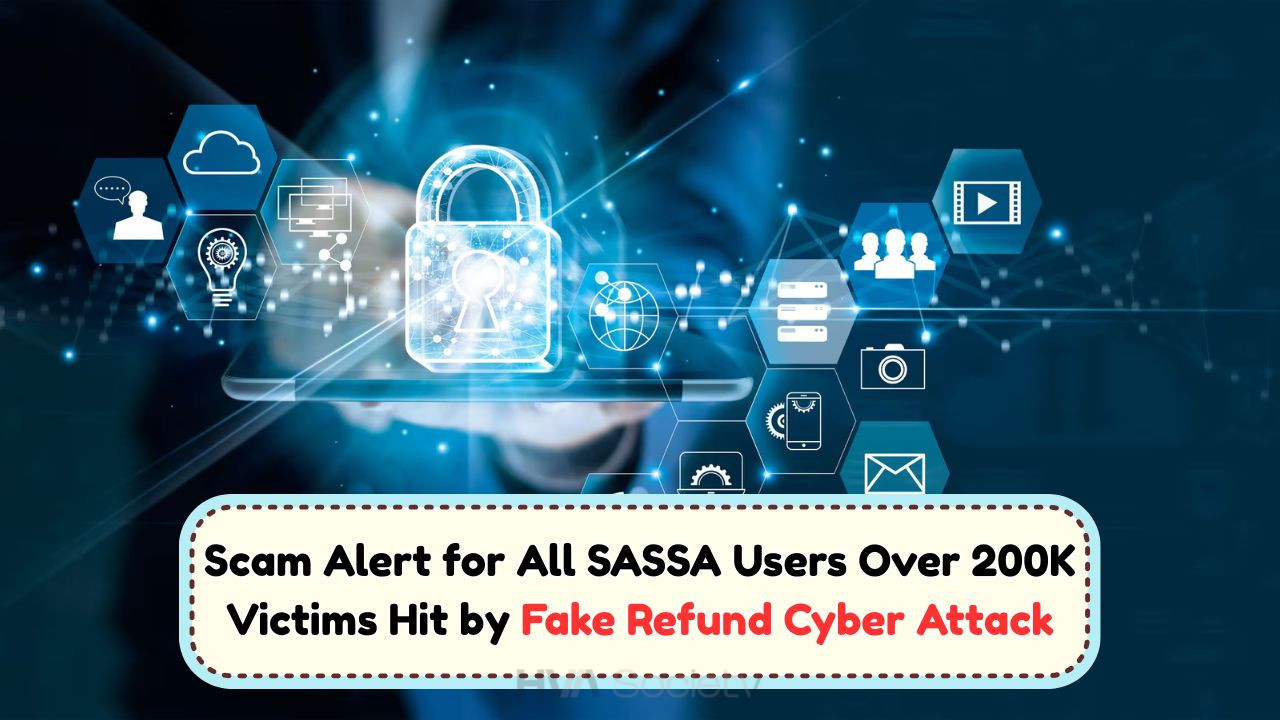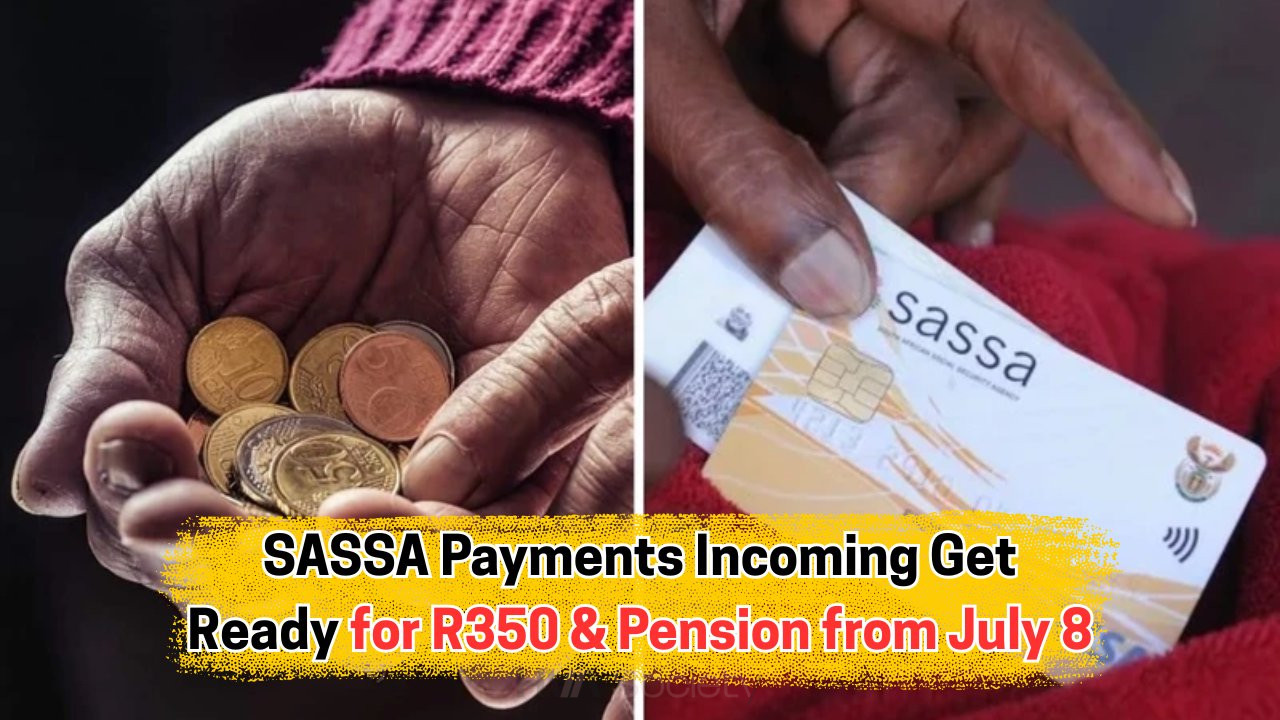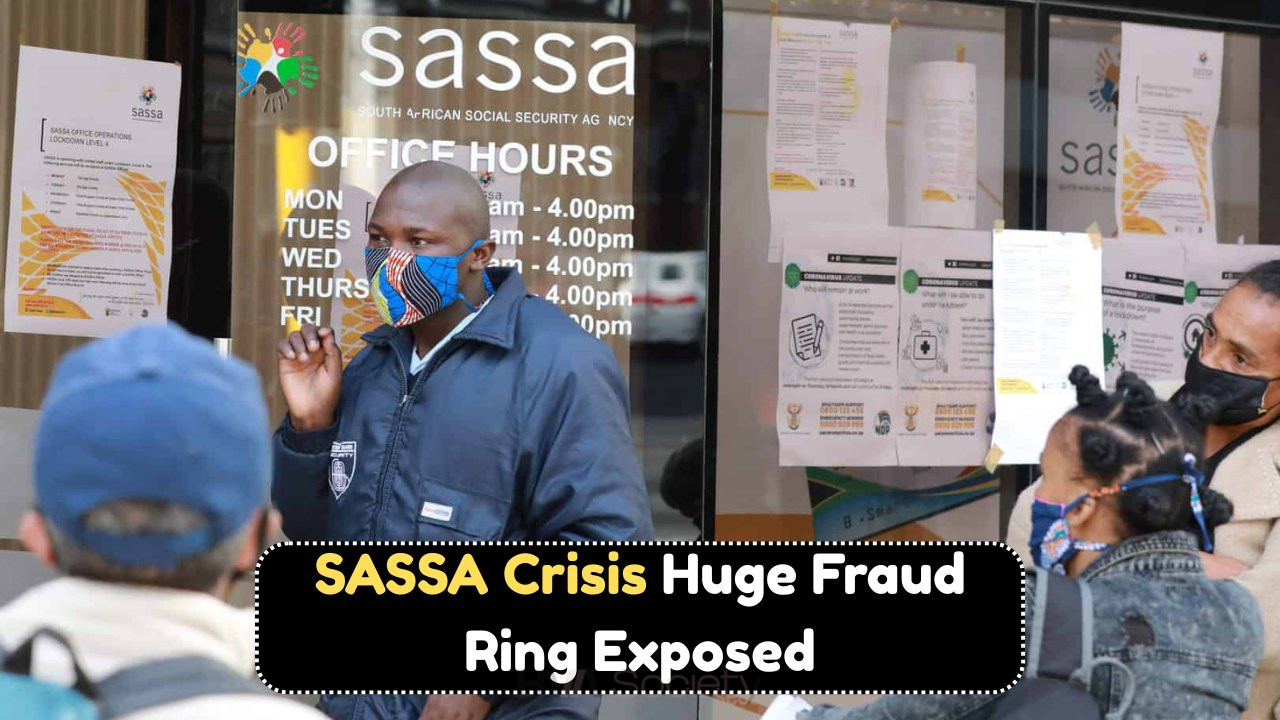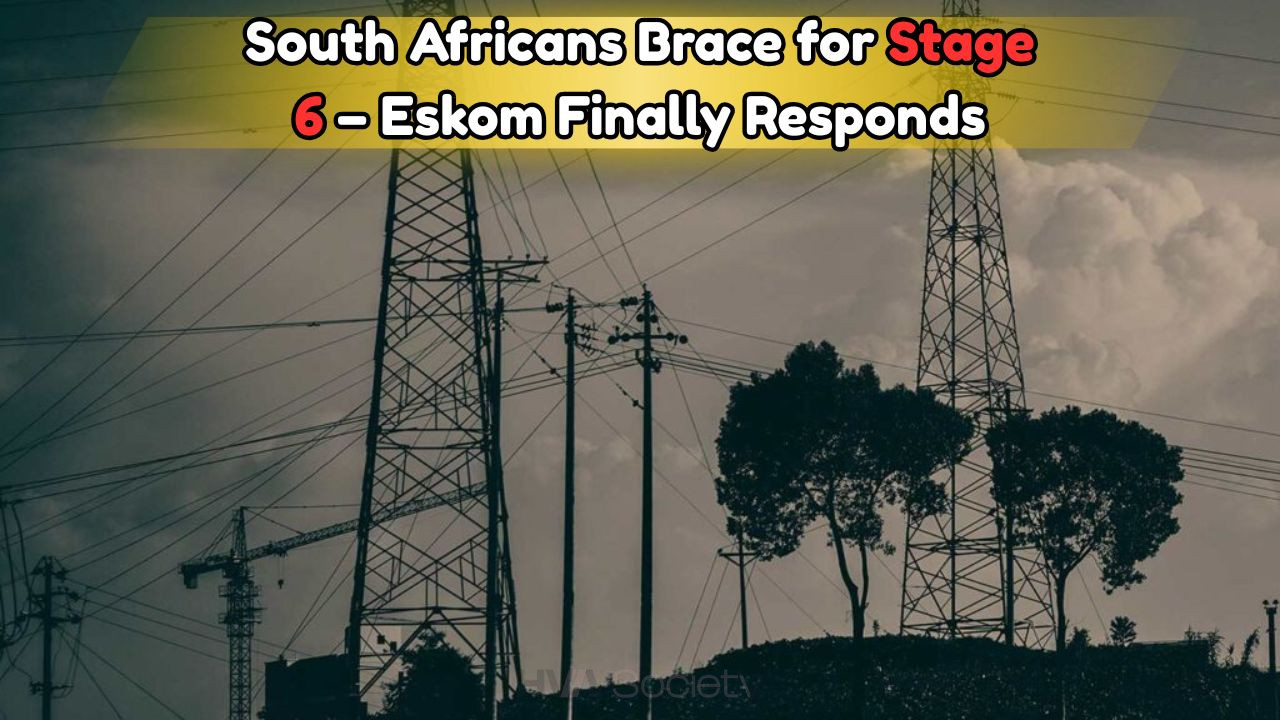Fake SASSA Refund Scams Hit Over 200,000 in June: The alarming rise of fake SASSA refund scams has impacted more than 200,000 individuals in South Africa this June, shedding light on the increasing sophistication of cybercriminal activities targeting vulnerable populations. These scams have become a significant concern for many who rely on the South African Social Security Agency (SASSA) for their much-needed grants. In a country where social grants play a crucial role in supporting millions, the exploitation of these systems by fraudsters calls for an urgent response from both authorities and the public to prevent further damage.
Understanding the Fake SASSA Refund Scam Epidemic
The fake SASSA refund scams are a form of online fraud where scammers pose as official SASSA representatives, tricking individuals into revealing personal and financial information. Typically, these scammers use promises of fake refunds to lure victims into their traps. As the statistics show, over 200,000 South Africans have fallen prey this June alone, highlighting the widespread nature of this issue. Understanding the modus operandi of these scams is crucial in combating them effectively.
- Scammers often contact victims through SMS or email.
- They promise a refund of overpaid fees or additional grant benefits.
- Victims are asked to provide bank details or pay a small fee to receive the refund.
- This leads to unauthorized access and potential theft from their bank accounts.
- Personal details can also be used for identity theft.
- The scams often target elderly and low-income individuals who depend on SASSA.
How to Protect Yourself from SASSA Scam Artists
Protecting yourself from these pervasive scams requires vigilance and awareness. To safeguard your personal information and financial security, it is essential to recognize the tactics employed by these criminals. Here are some practical steps to protect yourself:
- Verify any communication claiming to be from SASSA through official channels.
- Never share personal or banking details over the phone or email.
- Be skeptical of unsolicited messages offering refunds or prizes.
- Report suspicious activities to the authorities immediately.
- Educate friends and family, especially those vulnerable, about these scams.
- Stay updated on the latest scams through trusted news sources.
- Consider using identity theft protection services for added security.
The Impact of Fake Refund Scams on South Africans
The impact of these fake refund scams extends beyond the immediate financial loss to victims. Many affected individuals experience emotional distress and a loss of trust in official institutions like SASSA. This has a ripple effect on their mental well-being and financial stability. Trust in digital communications and services also diminishes, affecting how people interact with legitimate online platforms.
 SASSA Announces Early July–August Grant Payments and Bonus Payouts for Eligible Beneficiaries!
SASSA Announces Early July–August Grant Payments and Bonus Payouts for Eligible Beneficiaries!
| Aspect | Impact | Details | Response |
|---|---|---|---|
| Financial | Loss | Funds stolen from accounts | Report to bank |
| Emotional | Stress | Anxiety and fear | Seek support |
| Trust | Reduced | Distrust in communications | Verify sources |
| Security | Compromised | Identity theft risk | Use protection services |
| Social | Isolation | Fear of further scams | Community support |
| Behavioral | Change | Avoidance of online services | Education |
| Economic | Burden | Increased financial strain | Financial planning |
Steps Taken by Authorities to Mitigate Scam Risks
South African authorities have been proactive in tackling the surge in fake SASSA refund scams. Various measures have been implemented to protect citizens and limit the damage caused by these fraudulent activities. Here are some initiatives:
- SASSA has issued public warnings through media channels to raise awareness.
- Collaboration with financial institutions to monitor suspicious transactions.
- Law enforcement agencies are actively investigating and prosecuting offenders.
- Introduction of stricter verification processes for grant applications.
- Educational campaigns targeting vulnerable groups.
- Development of digital tools to identify and block scam communications.
Recognizing Red Flags in Scam Communications
Spotting a scam can be challenging, especially when scammers use sophisticated techniques. However, certain red flags can help you identify fraudulent communications:
- Urgent requests for personal information or money.
- Offers that seem too good to be true.
- Email addresses and phone numbers that do not match official SASSA contacts.
- Poor grammar and spelling in messages.
- Unsolicited calls or messages from unknown numbers.
- Pressure to act immediately without verification.
Frequently Asked Questions About SASSA Scam Alerts
Here are some common questions and answers related to fake SASSA refund scams:
- How do I report a SASSA scam? Contact your local police station and report the details to SASSA through their official website.
- What should I do if I’ve been scammed? Immediately notify your bank to secure your accounts and report the incident to the authorities.
- Can SASSA refund me if I’ve lost money? Unfortunately, SASSA cannot refund lost money, but they can assist with prevention measures.
- How can I confirm if a communication is from SASSA?
Steps for Victims of Fake Refund Scams
If you have been a victim of a fake refund scam, there are steps you can take to mitigate the damage and protect yourself in the future. Here’s what you can do:
- Contact your bank immediately to secure your account.
- Report the scam to the South African Police Service (SAPS).
- Inform SASSA through their official communication channels.
Educational Resources on Scam Awareness
Staying informed is key to preventing scams. Here are some resources for learning more about scam awareness:
- Visit the SASSA website for official updates and warnings.
- Check government portals for the latest scam alerts and prevention tips.
- Join community groups focused on digital safety education.
Understanding the Scope of SASSA Scams in South Africa
The prevalence of SASSA scams highlights the need for ongoing vigilance and education. South Africans must remain alert and informed to protect themselves from falling victim to these fraudulent schemes. By understanding the tactics used by scammers and staying updated on the latest threats, individuals can better safeguard their personal and financial information.
| Year | Reported Cases | Estimated Loss |
|---|---|---|
| 2020 | 50,000 | R5 million |
| 2021 | 80,000 | R8 million |
| 2022 | 120,000 | R12 million |
| 2023 | 200,000 | R20 million |
| 2024 | Projected Increase | R25 million |
| 2025 | Projected Increase | R30 million |
FAQ Section on SASSA Scams
What are SASSA scams?
SASSA scams are fraudulent activities where individuals pose as representatives of the South African Social Security Agency to steal personal and financial information.
How can I protect myself from these scams?
Always verify the source of any communication claiming to be from SASSA and never share personal details over the phone or email.
Who is most at risk?
Elderly and low-income individuals who rely on SASSA grants are often targeted by scammers.
What should I do if I receive a suspicious message?
Report the message to SASSA and your local authorities immediately.
Are there official resources for scam prevention?
Yes, the SASSA website and government portals provide valuable information and updates on scam prevention.
How can the community help in fighting these scams?
By spreading awareness, educating others, and reporting suspicious activities, communities can play a vital role in combating these scams.








